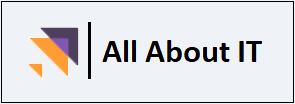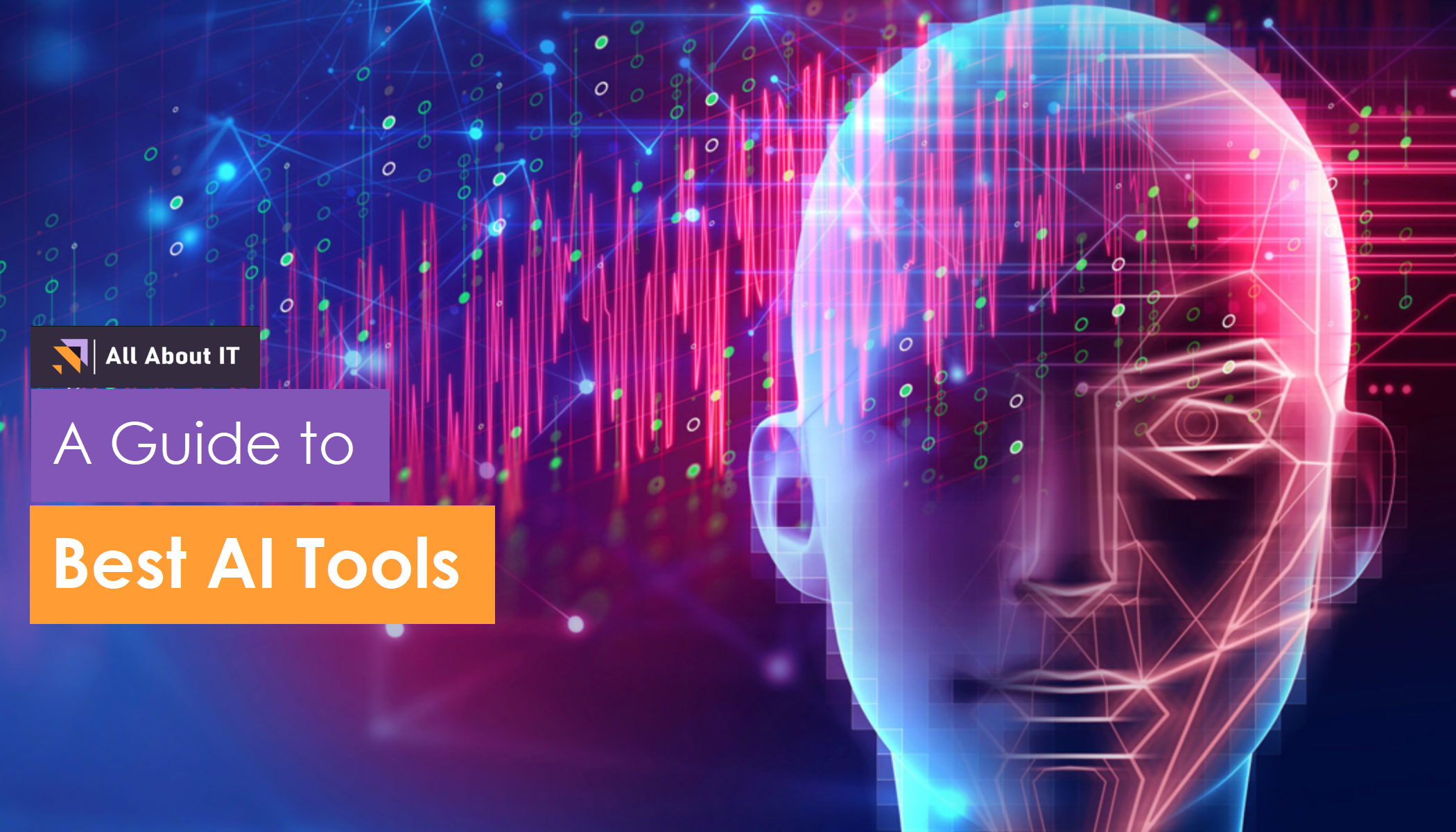AI tools have been revolutionizing the way we live and work for years. From automating mundane tasks to helping us make better decisions, AI tools are making our lives easier and more efficient every day. AI-powered automation tools are especially helpful in streamlining complex processes and eliminating mundane tasks. AI-powered bots, for example, can be used to automate processes like customer support, marketing campaigns, and data entry. This frees up employees from tedious and time-consuming tasks so they can focus on more important work.
AI-driven analytics tools, meanwhile, provide valuable insights into customer behavior, market trends, and more, so businesses can make better decisions. AI-driven analytics can also be used to gain insights into customer sentiment, so businesses can take action to improve their products and services.
AI can also be used to make our lives easier in more subtle ways. AI-powered virtual assistants, such as Siri and Alexa, help us quickly access information and perform tasks such as setting reminders and playing music. AI-powered chatbots are also becoming increasingly popular, as they can provide useful customer support and help resolve customer issues quickly.
To help you make the best choice, here is a list of some of the best AI tools available:
1) TensorFlow: TensorFlow is an open-source machine learning and deep learning framework used for creating and training AI models. It can be used for natural language processing (NLP), image recognition, and creating recommendation systems.
2) Amazon Machine Learning: Amazon Machine Learning is a cloud-based platform that helps developers and data scientists build and deploy predictive models quickly and easily. It can be used for a variety of tasks such as forecasting and recommendation systems.
3) Google Cloud AI: Google Cloud AI is a suite of machine learning and AI tools that can be used to build, test, and deploy AI models. It includes a variety of tools such as AutoML, Vision, and Speech, which can be used to create image recognition systems, computer vision systems, and natural language processing applications.
4) IBM Watson: IBM Watson is a powerful platform for AI and machine learning. It can be used for a range of tasks such as natural language processing, image recognition, and predictive analytics.
5) Microsoft Azure: Microsoft Azure is a cloud-based platform for building, deploying, and managing AI and machine learning models. It includes a variety of tools such as Azure Machine Learning and Azure Cognitive Services, which can be used for building and deploying AI applications.
6) Chat GPT: IT can be used to create automated conversations with customers. It can be used to answer frequently asked questions, provide customer support, and even for marketing purposes. Chat GPT can be used to provide personalized and tailored conversations to customers, helping them to feel more connected to the brand.
7) OpenCV: OpenCV is a library of computer vision algorithms that can be used to create AI applications. It can be used for tasks such as object detection, facial recognition, and motion tracking.
8) Apache Spark: Apache Spark is a fast and powerful open-source cluster computing framework used for processing large datasets. It can be used to build machine learning and AI models.
9) Scikit-Learn: Scikit-Learn is a powerful open-source machine learning library for Python. It can be used for tasks such as classification, clustering, and regression.
10) Keras: Keras is an open-source deep learning library for Python. It can be used to quickly and easily build and train neural networks for a variety of tasks such as image recognition and natural language processing.
11) Apache SystemML: Apache SystemML is an open-source machine learning library used to build, test, and deploy predictive models quickly and easily. It can be used for tasks such as fraud detection and recommendation systems.
12) H2O.ai: H2O.ai is an open-source platform for building, testing, and deploying machine learning models. It includes a variety of tools such as AutoML, H2O Flow, and H2O Driverless AI, which can be used to create predictive models and applications.
13) BigML: BigML is a cloud-based platform for building, testing, and deploying machine learning models. It includes a variety of tools such as supervised and unsupervised learning algorithms, which can be used to create predictive models.
14) Algorithmia: Algorithmia is a cloud-based platform for building and deploying AI applications. It offers a variety of tools such as computer vision, natural language processing, and predictive analytics, which can be used to create AI applications.
15) NVIDIA Deep Learning SDK: NVIDIA Deep Learning SDK is a suite of libraries and tools used to create and deploy AI applications. It includes a variety of tools such as cuDNN, an optimized library for deep learning, and cuBLAS, an optimized library for linear algebra.
16) Tome: Tome is a software package used to create and manage digital libraries. It provides users with a web-based graphical user interface for managing and searching digital documents, images, audio, and video files. It also allows users to create and store metadata about the digital objects they are managing.


You’re so awesome! I do not suppose I’ve read something like this before.
So great to discover another person with unique thoughts on this topic.
Really.. thanks for starting this up. This website is one thing that’s needed on the
web, someone with a little originality!
Your ability to distill complex concepts into digestible nuggets of wisdom is truly remarkable. I always come away from your blog feeling enlightened and inspired. Keep up the phenomenal work!
Thank you for providing a positive and constructive space for discussion It’s refreshing to see a blog with a kind and respectful community